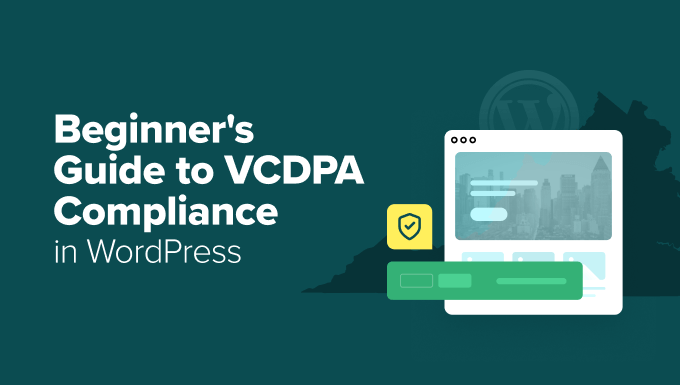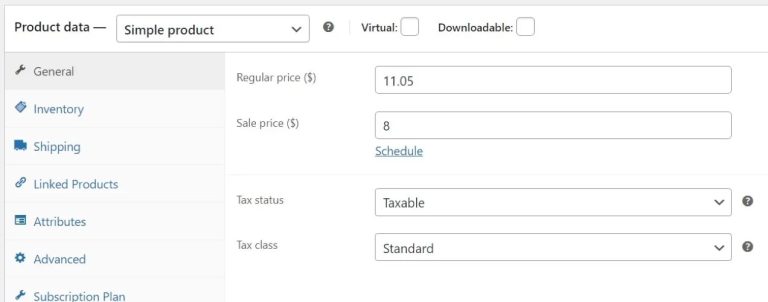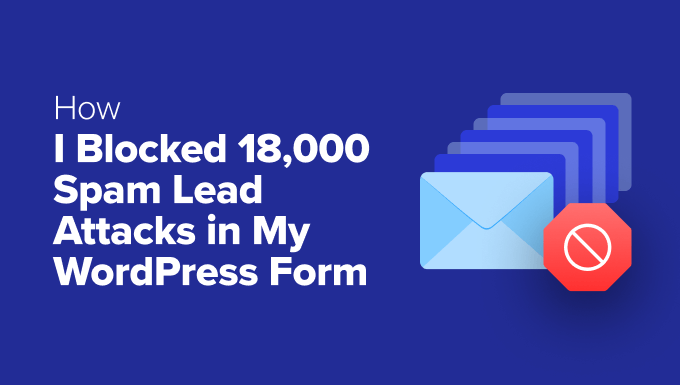When I first encountered the Virginia Consumer Data Protection Act (VCDPA), I felt overwhelmed.
As someone who has managed WordPress sites for years, learning another privacy law seemed daunting. But after looking into it, I found it more straightforward than expected.
However, I’ve seen many site owners make compliance more difficult than necessary by overcomplicating the process or skipping simple steps.
That’s why I created this guide. I’ll walk you through the VCDPA’s core requirements step by step and share the tools I use to enhance WordPress compliance without getting bogged down by legal jargon.

What is the Virginia Consumer Data Protection Act (VCDPA)?
The Virginia Consumer Data Protection Act (VCDPA) is a state privacy law that gives Virginia residents more control over their personal data. This includes information that can identify someone directly or indirectly—like names, email addresses, IP addresses, or data collected through website forms or tracking tools.
Even if your business isn’t based in Virginia, the VCDPA might still apply to your WordPress site. What matters is whether you collect personal data from Virginia residents.
That said, the law doesn’t apply to every site. It’s mainly aimed at larger businesses and organizations.
Generally, you need to comply with the VCDPA if you:
- Control or process the personal data of 100,000 or more Virginia consumers in a calendar year, or
- Control or process the personal data of at least 25,000 Virginia consumers and get over 50% of your total revenue from selling personal data.
Keep in mind that the law also only applies to businesses or organizations operating for commercial purposes.
If your site fits one of those categories, then it’s essential to understand how the VCDPA works and what steps you need to take to stay compliant.
Why Should WordPress Users Care About VCDPA Compliance?
If your WordPress site falls under the VCDPA, then staying compliant helps you avoid potential penalties. The Virginia Attorney General enforces the VCDPA, and violations can lead to fines of up to $7,500 per incident.
Fortunately, you’ll usually receive a 30-day warning and a chance to fix the issue before any penalties are applied.
It’s also worth noting that consumers can’t directly sue you under this law. Only the Attorney General can take action, which adds a layer of protection, but doesn’t mean you should ignore compliance.
More importantly, showing that you care about user privacy helps build trust with your audience.





